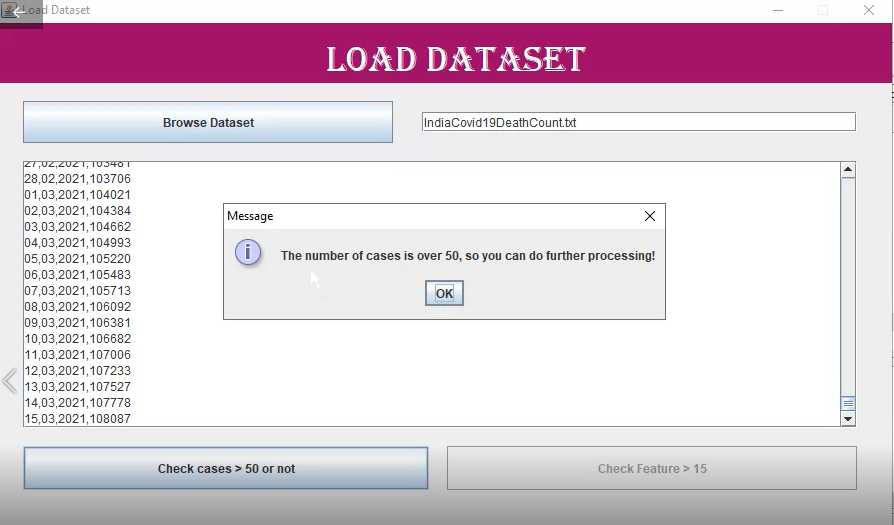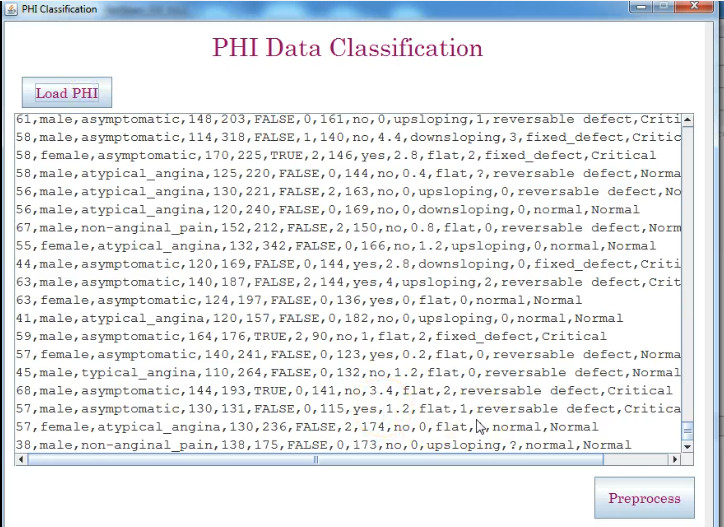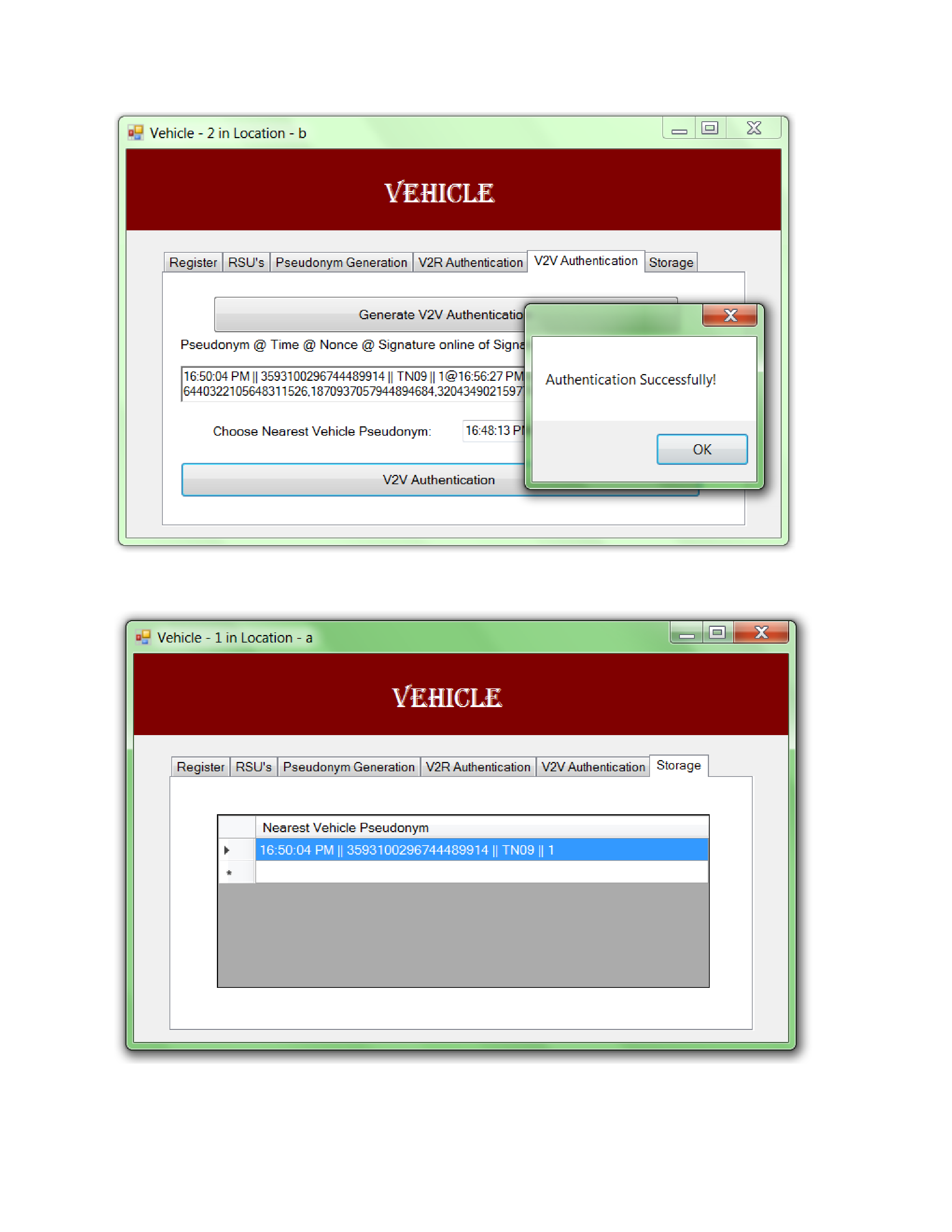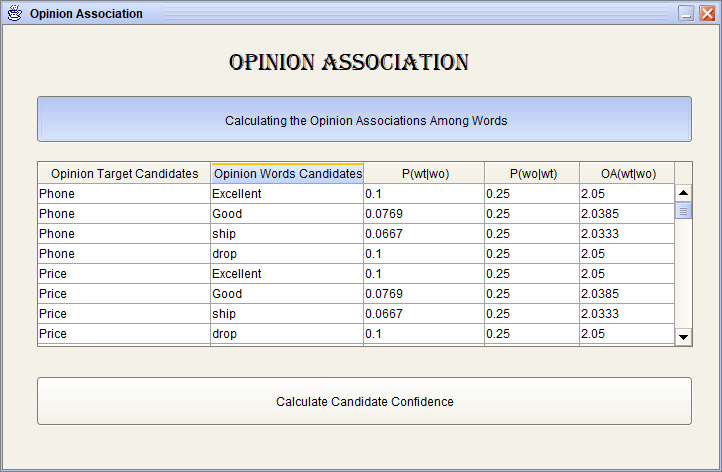Malicious and selfish behaviors represent a serious threat against routing in delay/disruption tolerant networks (DTNs). Due to the unique network characteristics, designing a misbehavior detection scheme in DTN is regarded as a great challenge. In this paper propose iTrust, a probabilistic misbehavior detection scheme, for secure DTN routing toward efficient trust establishment.
The basic idea of iTrust is introducing a periodically available Trusted Authority (TA) to judge the node’s behavior based on the collected routing evidences and probabilistically checking. This model iTrust as the inspection game and use game theoretical analysis to demonstrate that, by setting an appropriate investigation probability, TA could ensure the security of DTN routing at a reduced cost.
To further improve the efficiency of the proposed scheme, it correlated detection probability with a node’s reputation, which allows a dynamic detection probability determined by the trust of the users. The extensive analysis and simulation results demonstrate the effectiveness and efficiency of the proposed scheme.
- paper propose iTrust, a probabilistic misbehavior detection scheme, for secure DTN routing towards efficient trust establishment.
- The basic idea of iTrust is introducing a periodically available Trusted Authority (TA) to judge the node’s behavior based on the collected routing evidences and probabilistically checking.
- A Probabilistic Misbehavior Detection Scheme to achieve efficient trust establishment in DTNs. Different from existing works which only consider either of misbehavior detection or incentive scheme, it jointly consider the misbehavior detection and incentive scheme in the same framework.
- The iTrust scheme is inspired from the Inspection Game, a game theory model in which an inspector verifies if another party, called inspectee, adheres to certain legal rules.
- The inspectee has a potential interest in violating the rules while the inspector may have to perform the partial verification due to the limited verification resources. Therefore, the inspector could take advantage of partial verification and corresponding punishment to discourage the misbehaviors of inspectees.
- The inspector could check the inspectee with a higher probability than the Nash Equilibrium points to prevent the offences, as the inspectee must choose to comply the rules due to its rationality.
- Advantages:
- It reduce the detection overhead, if the Probabilistic Misbehavior Detection Scheme without compromising the detection performance.
- Reduce the detection overhead effectively.
- Improved Security.
- Improved Efficiency.
- It will reduce transmission overhead incurred by misbehavior detection and detect the malicious nodes effectively.
- Reduce the Packet delivery rate.

























































Reviews
There are no reviews yet.